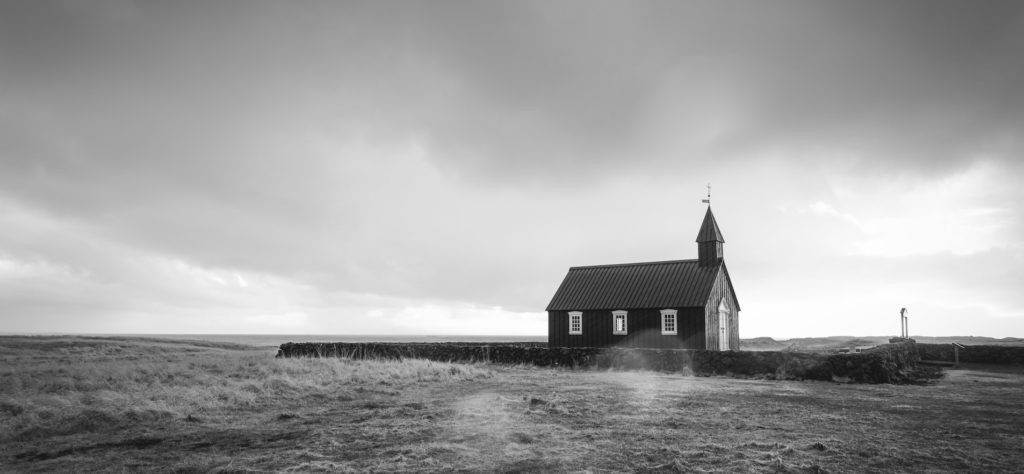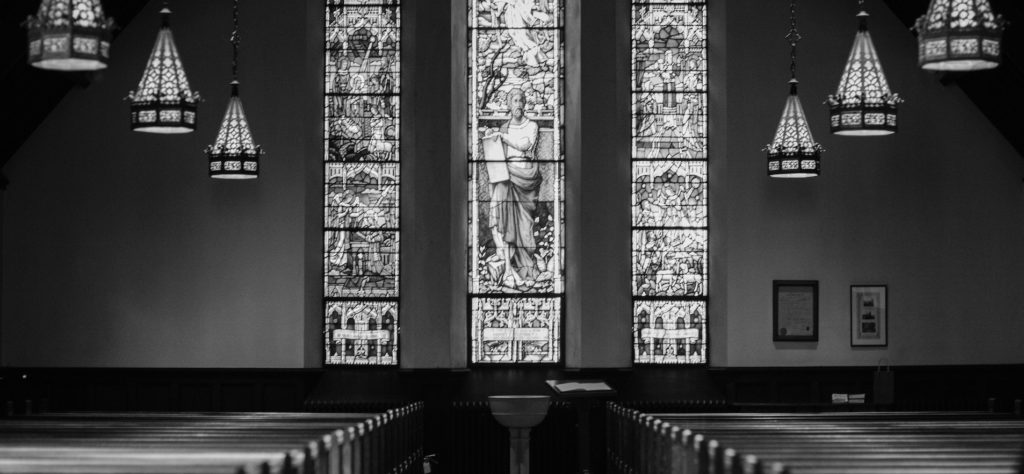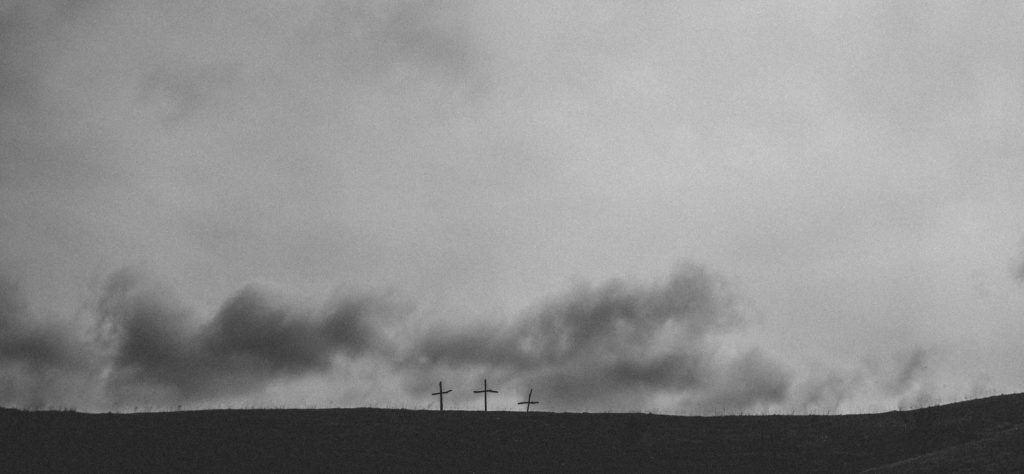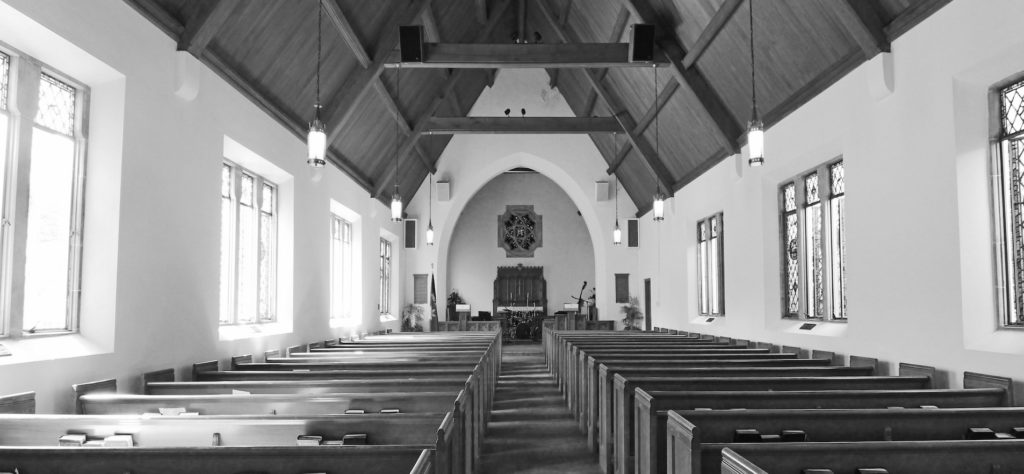Episode 145: Re-enchanting the Text – A Conversation with Cheryl Bridges-Johns
In this episode, we sit down with Dr. Cheryl Bridges-Johns, author of Re-enchanting the Text: Discovering the Bible as Sacred, Dangerous, and Mysterious (releases May 16), to talk with her about what it means to read the Bible in the wildness and power of the Spirit.
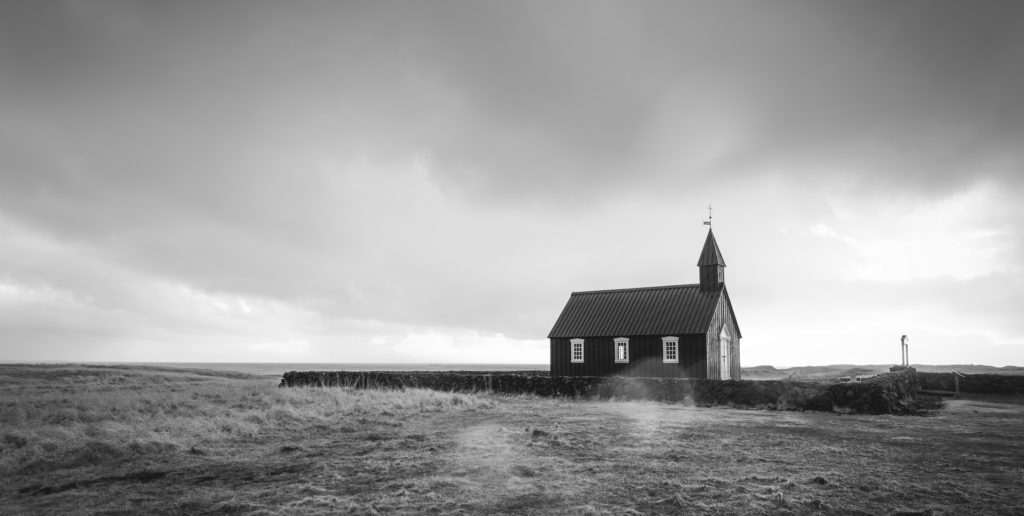
Be sure to subscribe to our YouTube Channel and follow us on Instagram, Facebook and Twitter to stay connected with us throughout the week!
I’m a fourth generation Pentecostal… it was a safe and sacred place and people told me they sensed God’s hand on my life… I preached my first sermon at sixteen…
In the mid-80s a group of us Pentecostal pastors and theologians began to gather and ask, “Is there a hermeneutic of the Spirit, and if so, what does it look like…?”
The history of the modern world is a history of disenchantment… many Protestant forms of religion in the 20thcentury became disenchanted, full of “excarnation”—the absence of the sacred in the tangible…
In the Pentecostal tradition, we had a sense of the sacred in our bodies via the filling of the Spirit… but as we became more “evangelicalized”, we adopted some of the Protestant forms of disenchantment…
This included how we read the Bible… we were told that it was too mysterious and that we needed to do it another way…
The saints that I grew up with regarded the Bible as a presence, as a space of fellowship, and even an icon… it was a portal to God… whenever they sat down with their Bible in their lap, Jesus came and they had sweet fellowship… they ate the Word and it became them…
The critical thing is the sense of the “real presence” of the Spirit in the reading of Scripture… that the same Spirit who inspired it was also there in the reading of it… that’s not necessarily subjective; it is mysterious…
One of the marks of the saints I grew up with was their ability to live in the paradox of pain and suffering, knowing and not knowing… they didn’t have to settle everything…
We don’t need to gloss over the trauma and abuse recorded in the Bible, because it’s not a final word… it’s moving in a redemptive direction… we are led by the Spirit to grieve the trauma in the text… that grieving transforms us…
We need to let the text call us out beyond ourselves, into spaces that are not safe, that are scary… like Job who encounters God in the whirlwind and realizes that he is no longer in control…
